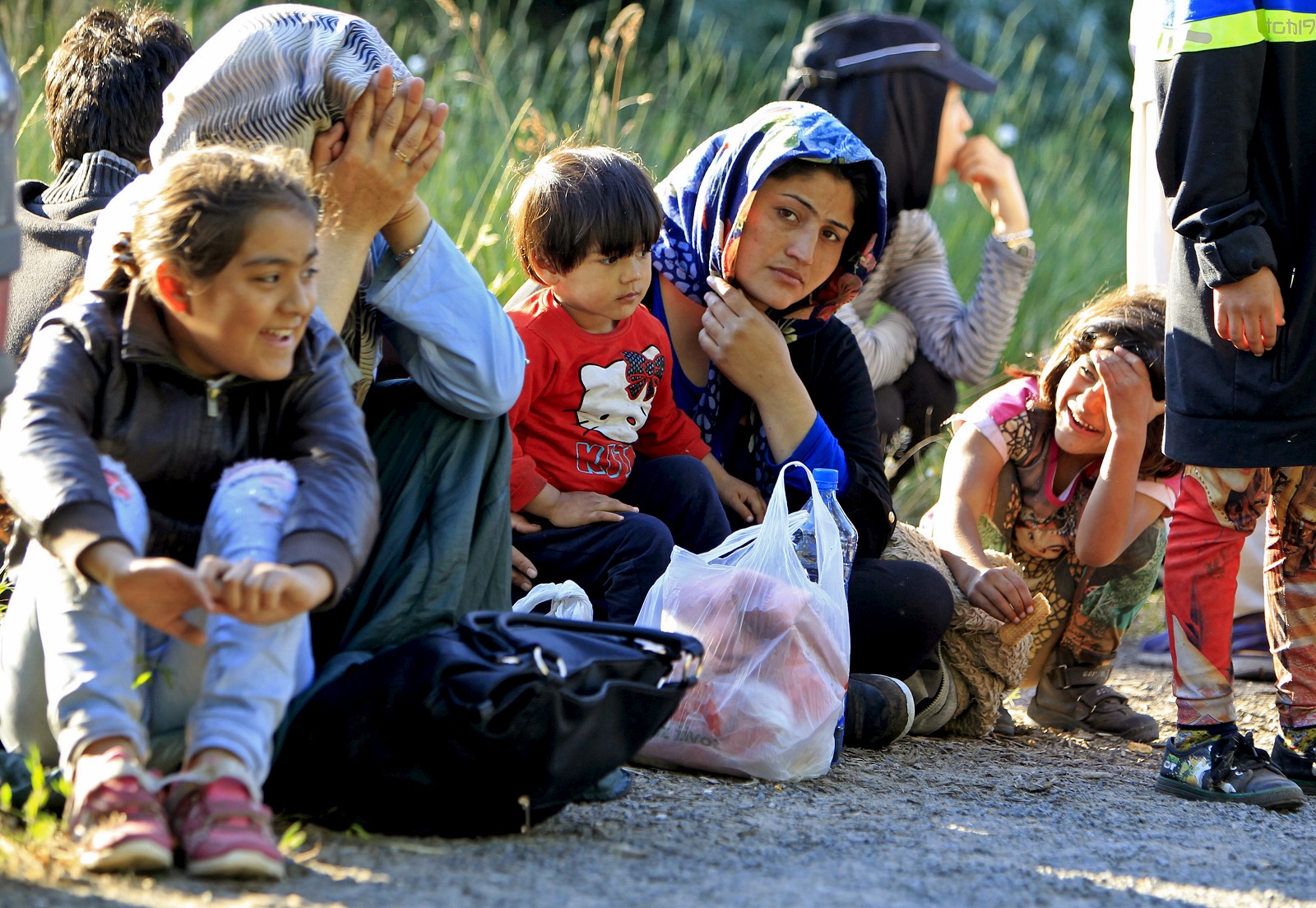Shakespeare and Immigration
I was listening to Sir Ian McKellen who was promoting his new Sherlock Holmes movie on a recent podcast and he ended the interview by quoting from a little known speech from a seldom performed play, Sir Thomas More, that Shakespeare is known to collaborated on. Known as the "strangers speech" it concerns the 1517 riots against the presence of immigrants in England which were recurring in the 1590s and attracted the censor's pen and the play was never performed despite( according to Stephen Greenblatt's Will in the World) alterations being made and new scenes inserted. The strangers speech survived and we know it was written by the bard himself because his handwritten version of it is now in the British Library, classified as "Hand D."
It is a speech to the rabble to quell their anarchic and violent tempers made unruly due to their reaction to an influx of new refugees from Europe. Although similar in tone to the speeches about law and order the bard had crafted in numerous plays most notably Troilus and Cressida, it is less abstract, more modern and emotionally harder hitting than anything similar he had previously attempted. I provide the text below but McKellen's reading allows a modern ear to tune into its heartfelt power.
One cannot help when the world is undergoing its immigrant crisis to understand the message--we are all humans. We all deserve dignity. In a similar vein, Immanuel Kant calls the cosmopolitan right of strangers "not to be treated as an enemy when he arrives in the land of another.” It is Shakespeare at his most political and humane--recognizing that the right is a reciprocal one and constitutes our humanity. As the speech builds towards its crescendo we cannot help recognizing the universality of Shakespeare's "stranger's case" and the "mountainish inhumanity" that allows us to ignore it.
For to the king God hath his office lent
Of dread, of justice, power and command,
Hath bid him rule, and willed you to obey;
And, to add ampler majesty to this,
He hath not only lent the king his figure,
His throne and sword, but given him his own name,
Calls him a god on earth. What do you, then,
Rising ’gainst him that God himself installs,
But rise against God? What do you to your souls
In doing this? O, desperate as you are,
Wash your foul minds with tears, and those same hands,
That you like rebels lift against the peace,
Lift up for peace, and your unreverent knees,
Make them your feet to kneel to be forgiven!
Tell me but this. What rebel captain,
As mutinies are incident, by his name
Can still the rout? Who will obey a traitor?
Or how can well that proclamation sound,
When there is no addition but a rebel
To qualify a rebel? You’ll put down strangers,
Kill them, cut their throats, possess their houses,
And lead the majesty of law in line,
To slip him like a hound. Say now the king
(As he is clement, if th’ offender mourn)
Should so much come to short of your great trespass
As but to banish you, whether would you go?
What country, by the nature of your error,
Should give you harbor? Go you to France or Flanders,
To any German province, to Spain or Portugal,
Nay, any where that not adheres to England,—
Why, you must needs be strangers. Would you be pleased
To find a nation of such barbarous temper,
That, breaking out in hideous violence,
Would not afford you an abode on earth,
Whet their detested knives against your throats,
Spurn you like dogs, and like as if that God
Owed not nor made not you, nor that the claimants
Were not all appropriate to your comforts,
But chartered unto them, what would you think
To be thus used? This is the strangers’ case;
And this your mountanish inhumanity.

